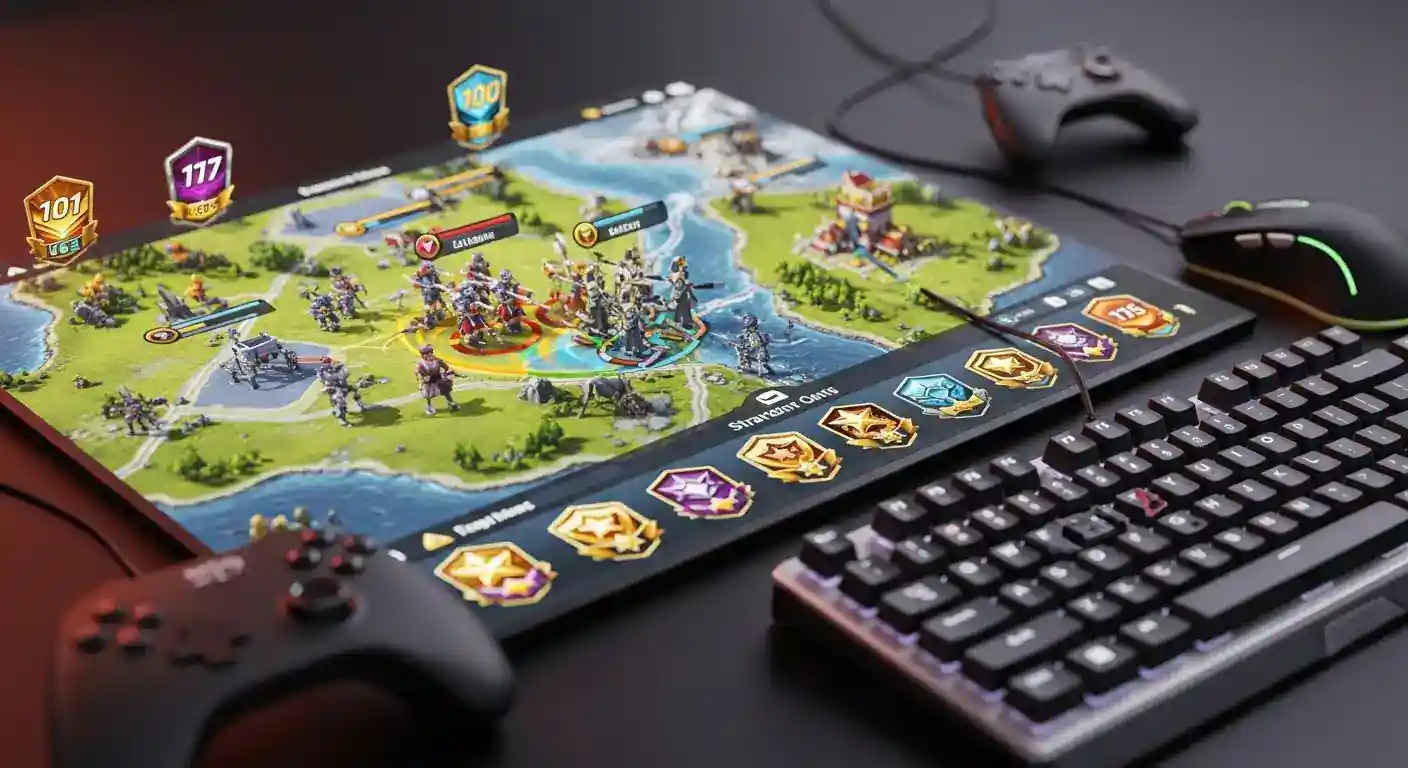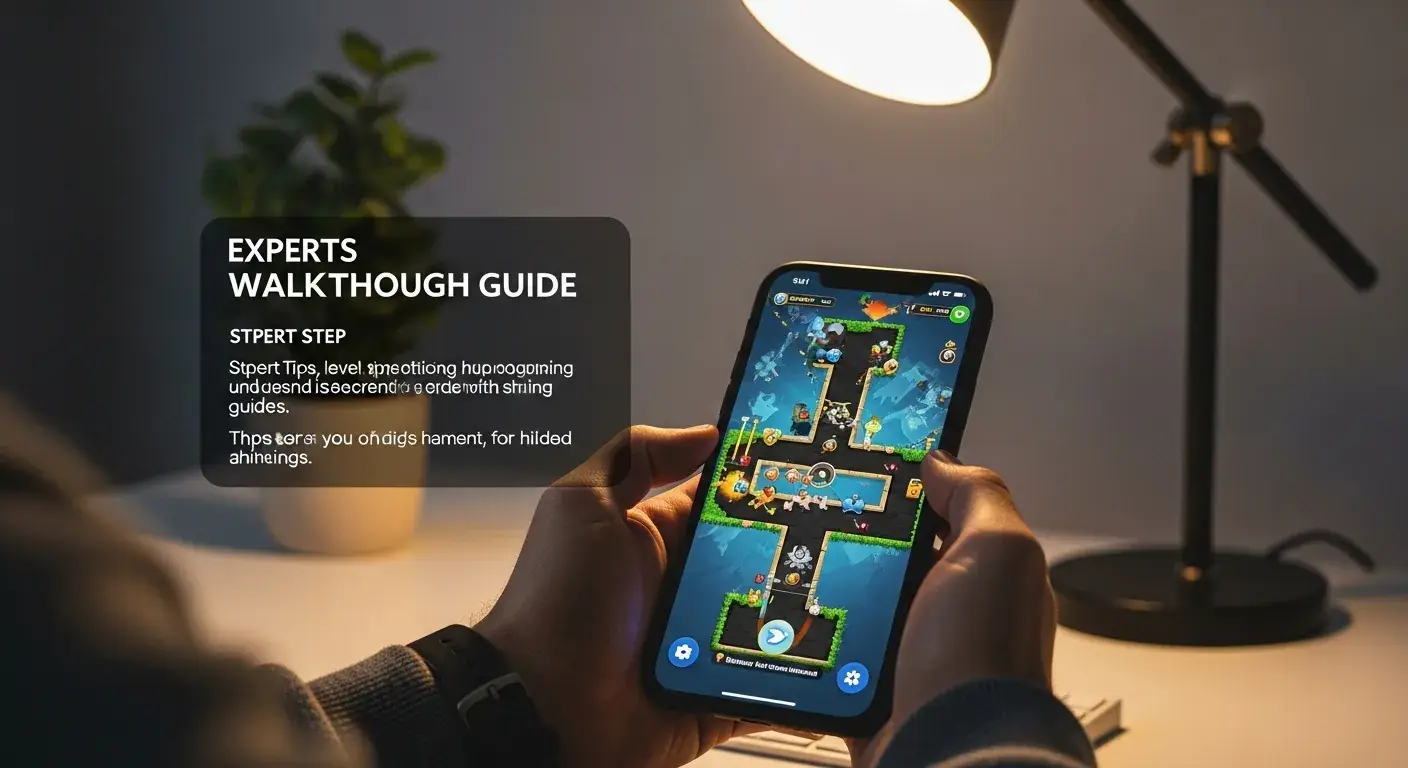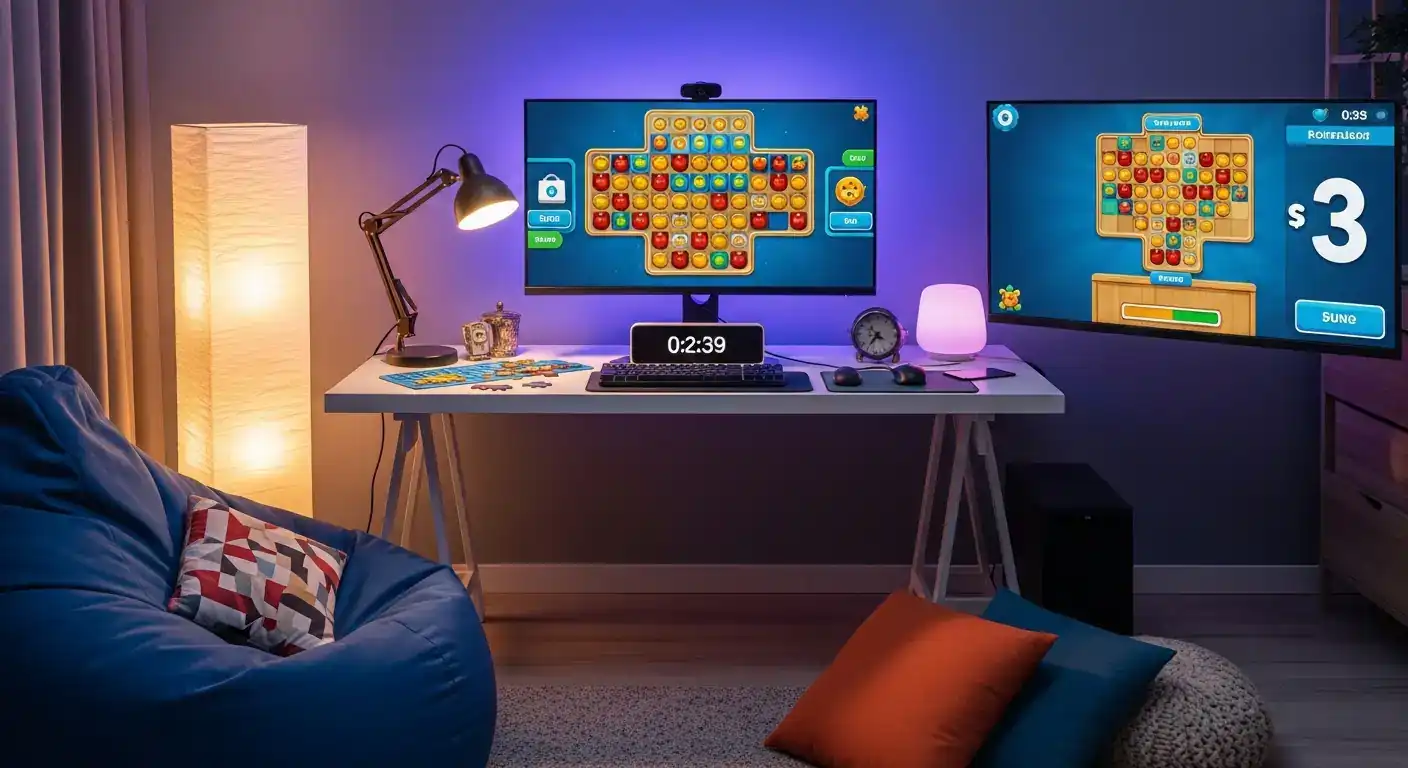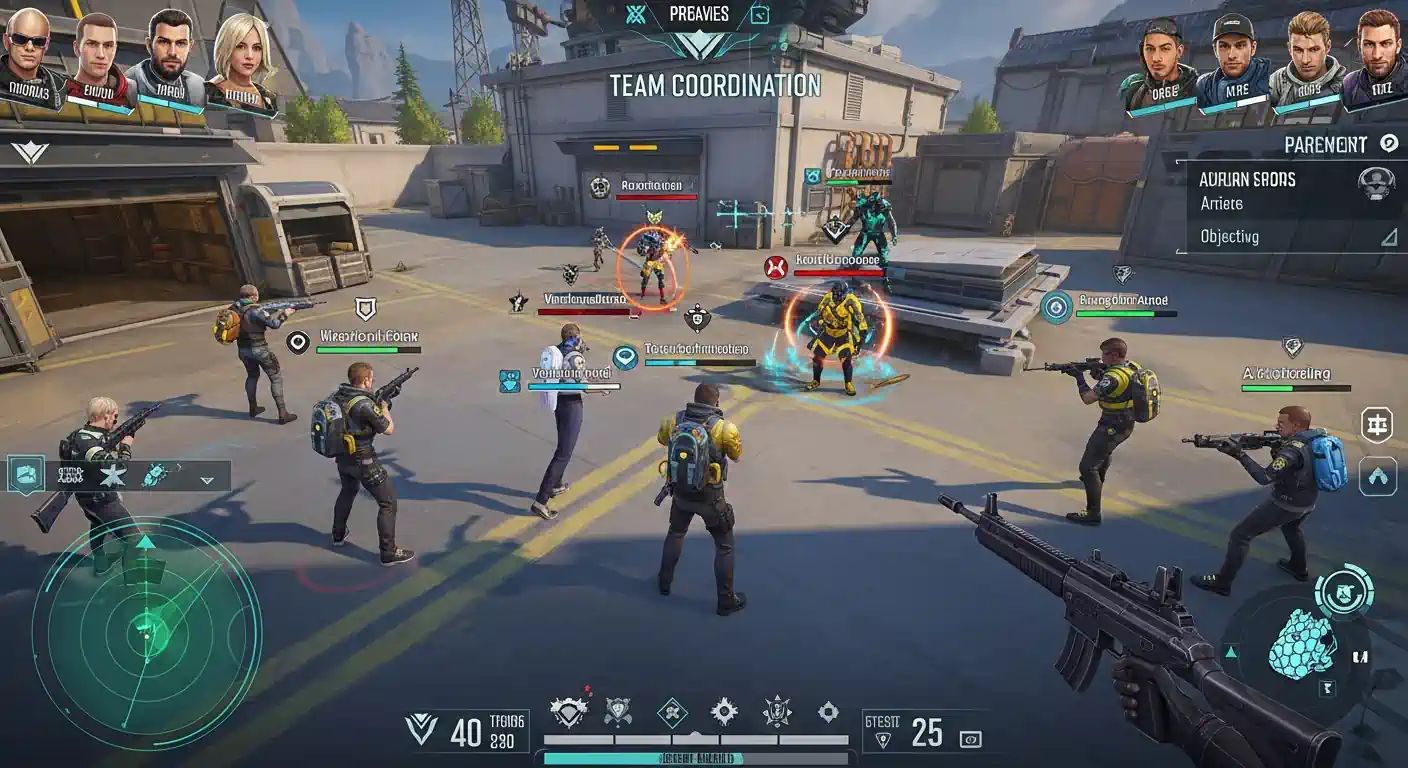
Professional Game Strategy Guides & Gaming Tips
Categories
Latest Articles
Best H5 Game Strategies: Achieve More with Expert Advice
Read expert tips about Best H5 Game Strategies: Achieve More with Expert Advice in the undefined category.

H5 Game Strategy Guide: Advanced Techniques for Peak Performance
Read expert tips about H5 Game Strategy Guide: Advanced Techniques for Peak Performance in the undefined category.

Mastering H5 Games: Top Strategies for Winning Every Match
Read expert tips about Mastering H5 Games: Top Strategies for Winning Every Match in the undefined category.

Mobile Game Mastery: Unlock Achievements with Expert Tips
Read expert tips about Mobile Game Mastery: Unlock Achievements with Expert Tips in the undefined category.

Mobile Gaming Secrets: Essential Tips for Every Player
Read expert tips about Mobile Gaming Secrets: Essential Tips for Every Player in the undefined category.




